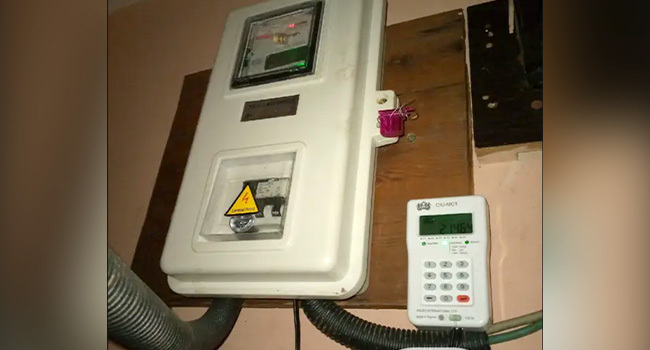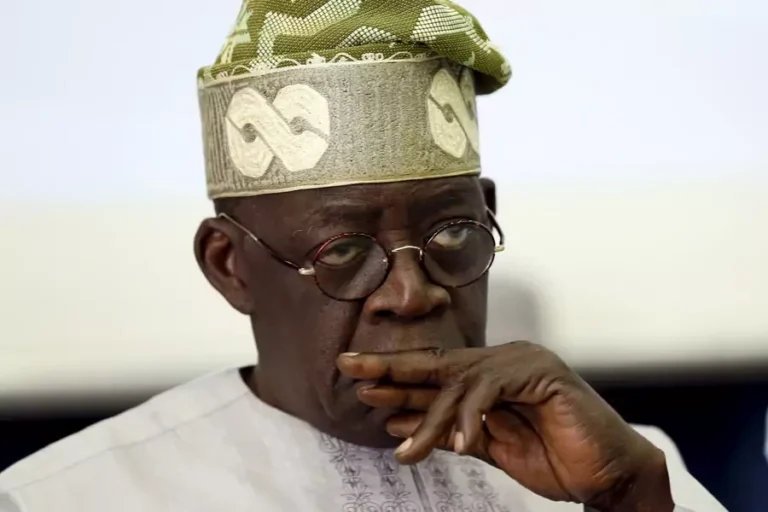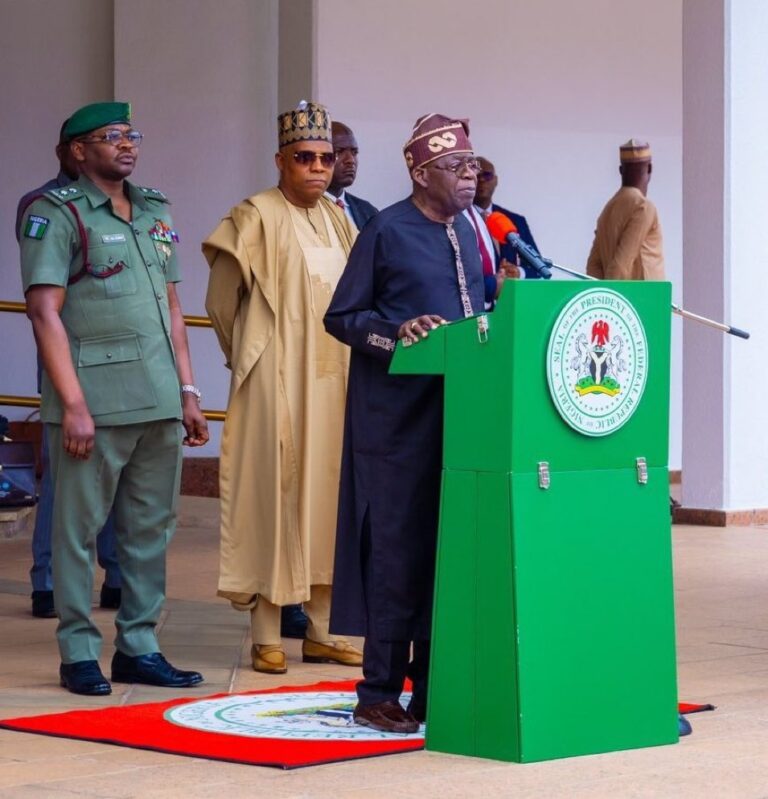
Electricity Distribution Companies in Nigeria have announced a rise in the price for various electricity meter models, marking the second price hike in four months.
According to the DisCos, the cost of a single-phase meter has risen from approximately N117,000 to as much as N149,800, depending on the distribution company and meter vendor.
The new prices, scheduled to take effect on Tuesday, November 5, 2024, reflect the deregulation of Meter Asset Providers (MAP) as directed by the Nigerian Electricity Regulatory Commission (NERC).
It also reflects the deregulation of meter asset providers as directed by the Nigerian Electricity Regulatory Commission.
This upward revision follows an earlier increase in August 2024, further amplifying concerns among electricity consumers about affordability and accessibility.
An analysis of the documents revealed that meter prices vary across DisCos, influenced by vendors and meter models (single-phase and three-phase).
Eko DisCo pegged the price of its Single Phase Metre between N135,987.5 and N161,035, while a Three Phase Meter was pegged between N226,600 and N266,600.
Ibadan DisCo said customers will pay between a range of N130,998 and N142,548 for a single-phase meter and N226,556.25–NN232,008 for a three-phase meter.
Customers under Abuja DisCo will pay N123,130.53–NN147,812.5 for single-phase meters and N206,345.65–NN236,500 three-phase meters.
Kano Electricity Distribution said its customers will pay N127,925–N129,999 for a single-phase meter and N223,793–NN235,425 for a three-phase meter.
Lastly, Kaduna DisCo said N131,150—N142,548.94 would be paid for single-phase meters and N220,375—N232,008.04 three-phase meters.
In April, the Nigerian Electricity Regulatory Commission introduced a significant policy shift by announcing the deregulation of meter prices under the Metre Asset Provider scheme for end-user customers.
This move aims to address lingering issues surrounding meter supply and pricing transparency within the electricity sector.
According to NERC’s latest order, meter prices under the MAP scheme will now be determined through competitive bidding rather than being centralised.


